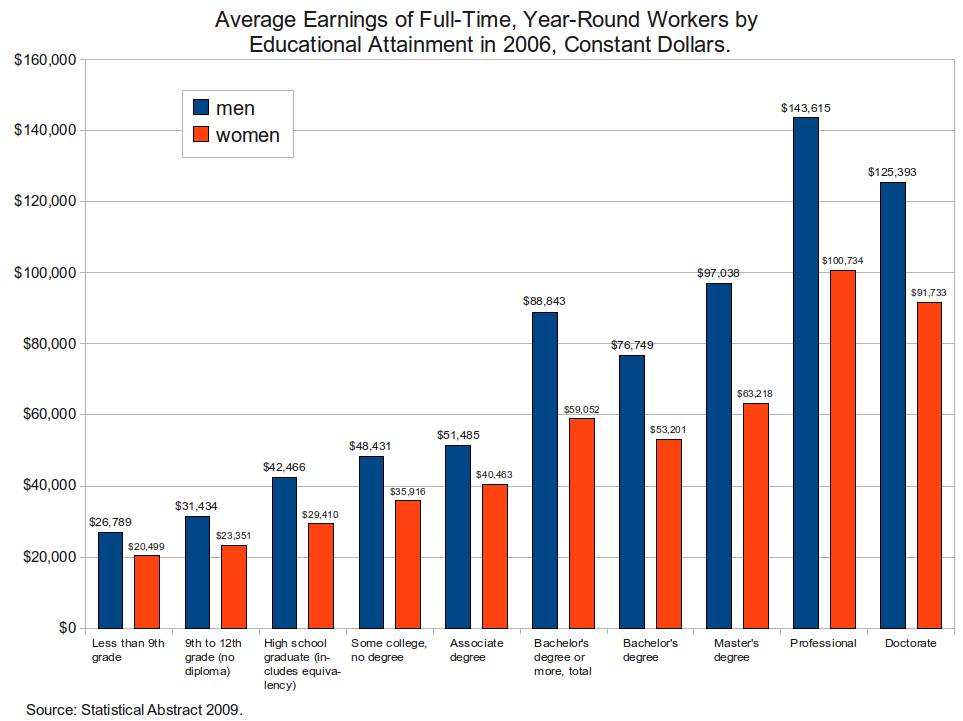Gender and Power:
Women in the Workplace
According to our history text, "women started to enter the workforce as missionaries, teachers, and nurses." These jobs were chosen for them because it was still in their nature. Women were already expected to teach their children and take care of them; much like a teacher and a nurse does. So even though these jobs weren't quite equal to the male jobs, they were still a start.
Though women were still not yet able to vote, they also started to become more involved in politics. The WCTU went on to become their principle vehicle. Women were indeed fighting for equal rights. And it wasn't only the white women who were doing so, African American women were as well. After being freed from slavery they needed to earn a steady income as well so they joined the labor force. Women were now needed in the world, in many more ways than just a housewife and they were proving to everyone they were just as smart as men and could work along side them.
 Just because women were happy with how things were going for them, doesn't mean everyone else was. The New York Society for the Suppression of Vice was the first of several conservative lobby groups. The Society secured generous funding from J. P. Morgan and others of the cities' wealthiest citizens and began a two-decades long campaign against many things including women's independence. The Comstock Act of 1873 law was passed, which pretty much deprived women of knowledge. Birth control and almost everything that depicted the human body was banned, instead books or guide lines I should say, were promoted for women to learn home décor and how to create cheerful environments for their children and husbands. Because even after the Civil War that was still supposed to be their jobs.
Just because women were happy with how things were going for them, doesn't mean everyone else was. The New York Society for the Suppression of Vice was the first of several conservative lobby groups. The Society secured generous funding from J. P. Morgan and others of the cities' wealthiest citizens and began a two-decades long campaign against many things including women's independence. The Comstock Act of 1873 law was passed, which pretty much deprived women of knowledge. Birth control and almost everything that depicted the human body was banned, instead books or guide lines I should say, were promoted for women to learn home décor and how to create cheerful environments for their children and husbands. Because even after the Civil War that was still supposed to be their jobs.
In todays society, more women are working than ever before. Women are running some of the worlds best companies, such as PepsiCo. No woman is forced to rely on a man to bring in the money. They certainly have fought their way to the top. Some are even running for president. Women are now making up almost half of American workers. Now even though women have come this far in the workplace, men still have some advantages just because they are men. Some jobs pay men higher than women for doing the same thing.
So we can see that old habits die hard. Even though our world is changing and wants so badly for everyone to be treated equally, especially women, we all still have a little bit of the 1860's left in us. Even women do. Today a lot of women will still choose to be stay at home moms because they believe that is what a woman is "supposed" to do. But, the great thing about the 21st Century is women can choose who they want to be, what they want to do, and where they want to go. Most importantly, they are in charge of their own bodies.
I was told a quote by my high school history teacher saying, "What we learn from history is that we don't learn from history." Mainly because a lot of things that happened in history are repeated in todays world like wars, trade, racism, and even inequality. The progress of women in the workplace over the years, I think, is one thing we did learn from. It makes me spark up the question, what would today be like if women never fought for equal rights? Everything would be so different.

No comments:
Post a Comment